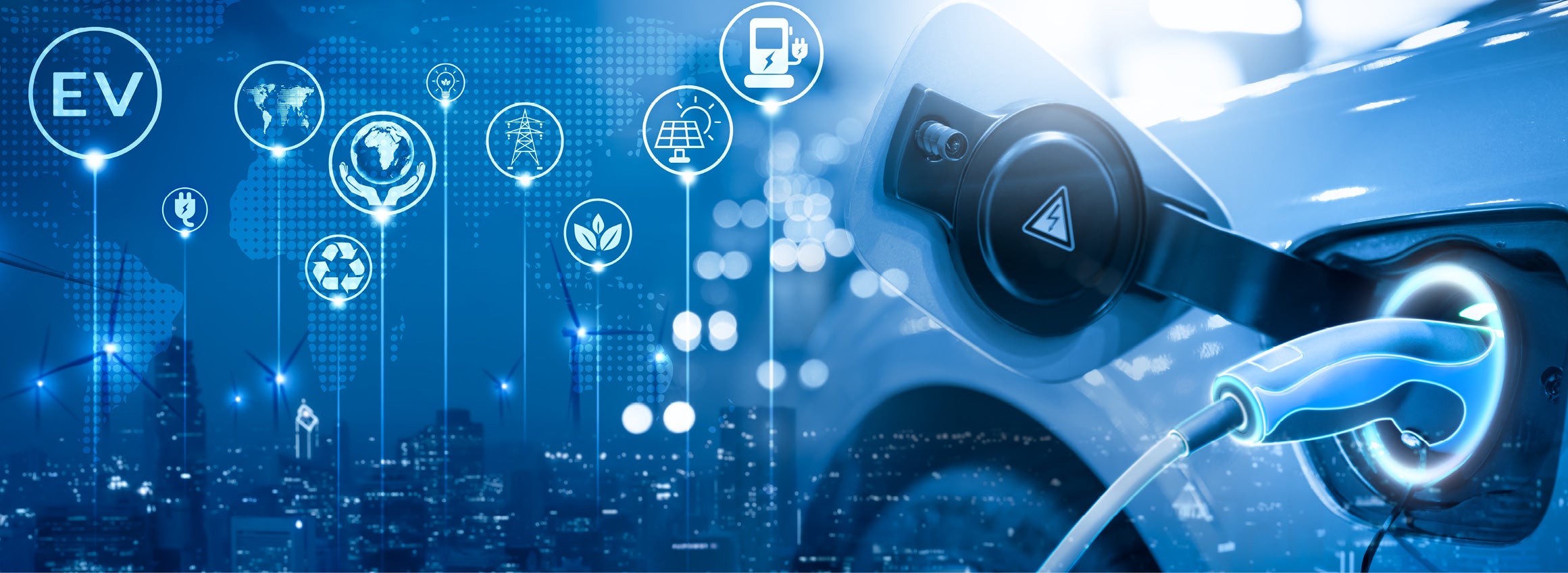Electric Vehicle Home Charging Guide
Electric Vehicle Home Charging Guide
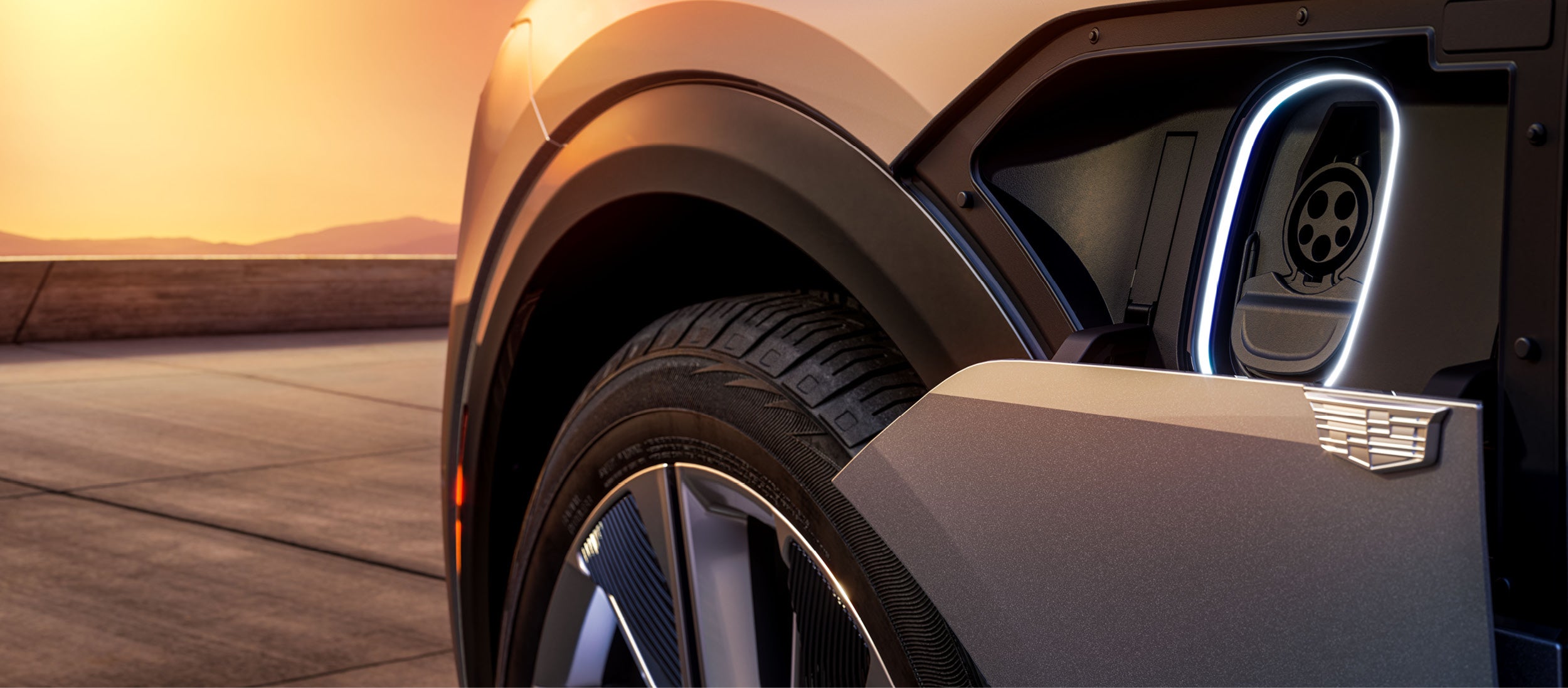
All-electric vehicles (EVs) and plug-in hybrid electric vehicles (PHEVs) can be charged at home or at commercial charging stations offered at a variety of locations throughout the Gulf and Nature Coast. Some apartment buildings even come with free EV charging stations. The benefit of household electricity charging offers an attractive alternative compared to traditional types of transportation.
WHAT CHARGING OPTION IS BEST FOR ELECTRIC OR PLUG-IN HYBRID VEHICLES?
Level 1 Charging
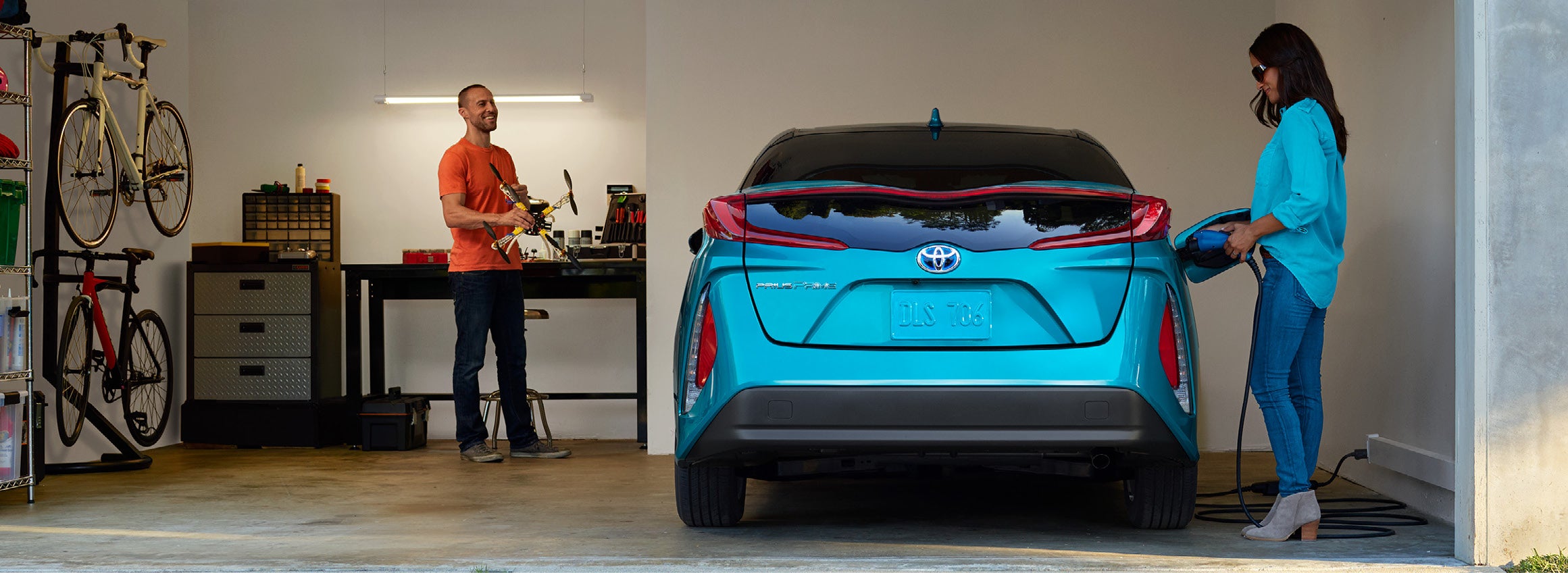
Level 1 charging is great for Plug-in Hybrid vehicles like the Toyota Rav4 Prime but can also be used for battery electric vehicles. Level 1 charging operates on a standard 110-volt, the same three-pronged outlet you see throughout your home. EV and PHEV owners can conveniently charge during the day or even overnight while you sleep. As a general rule you can expect 5 miles per hour of charge. Many EV owners are able to meet their daily driving range requirements by charging overnight with Level 1 equipment, requiring no additional cost or installation, provided that a power outlet on a dedicated branch circuit is available near their parking location.
Level 2 Charging
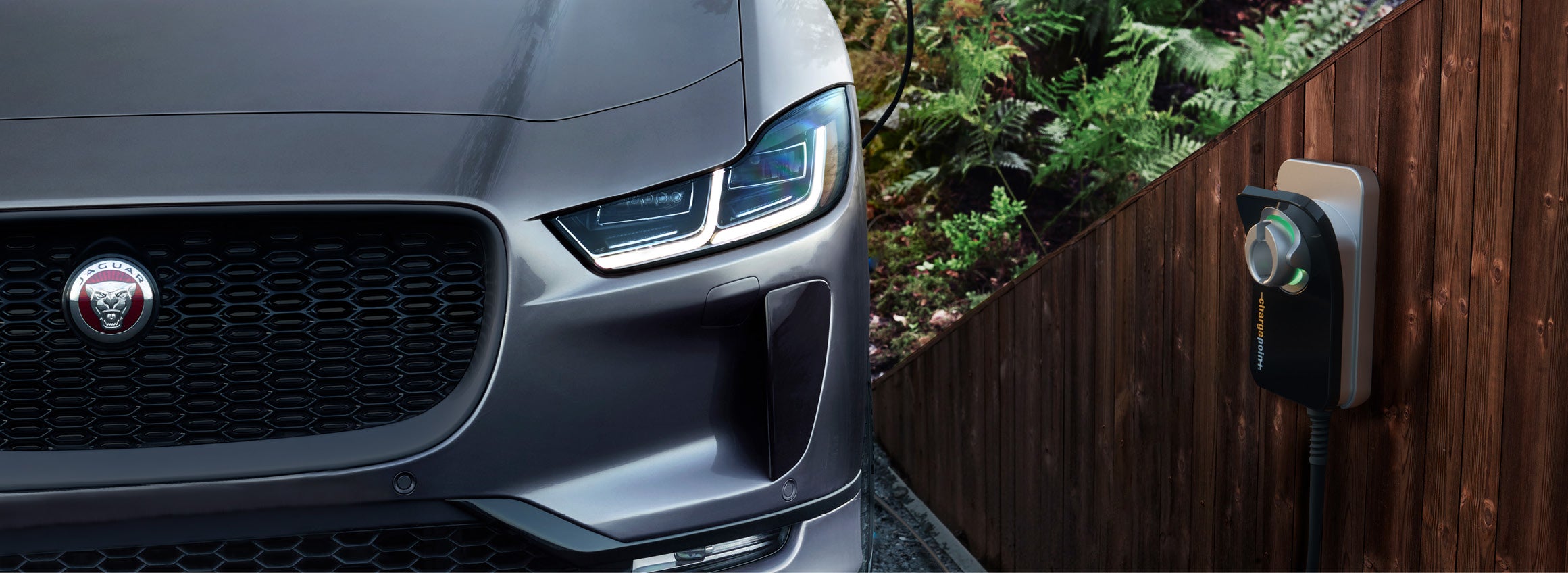
Level 2 charging uses a 240-volt circuit, similar to the outlet you’d use for an electric dryer. Level 2 charging is ideal for an all-electric battery vehicle like the Cadillac LYRIQ. You can expect 13 to 25 miles per hour of charge time. Residential equipment is frequently installed in garages, but outdoor installation and use are also safe, even if the vehicle is being charged in the rain. Outdoor installations require outdoor-rated equipment. If you are installing a new outlet, a qualified electrician can help you assess whether your electrical panel has capacity for a Level 2 charger and advise on any permits or inspections required. Some EV manufactures also offer complimentary home assessments as part of the purchase. Level 2 charging equipment is great for drivers with less regular schedules, longer commutes, or EVs with large batteries that require more than overnight (or the typical dwell time) to fully charge. State and utility incentives may also be available to help offset the cost of charging equipment.
Level 3 Charging
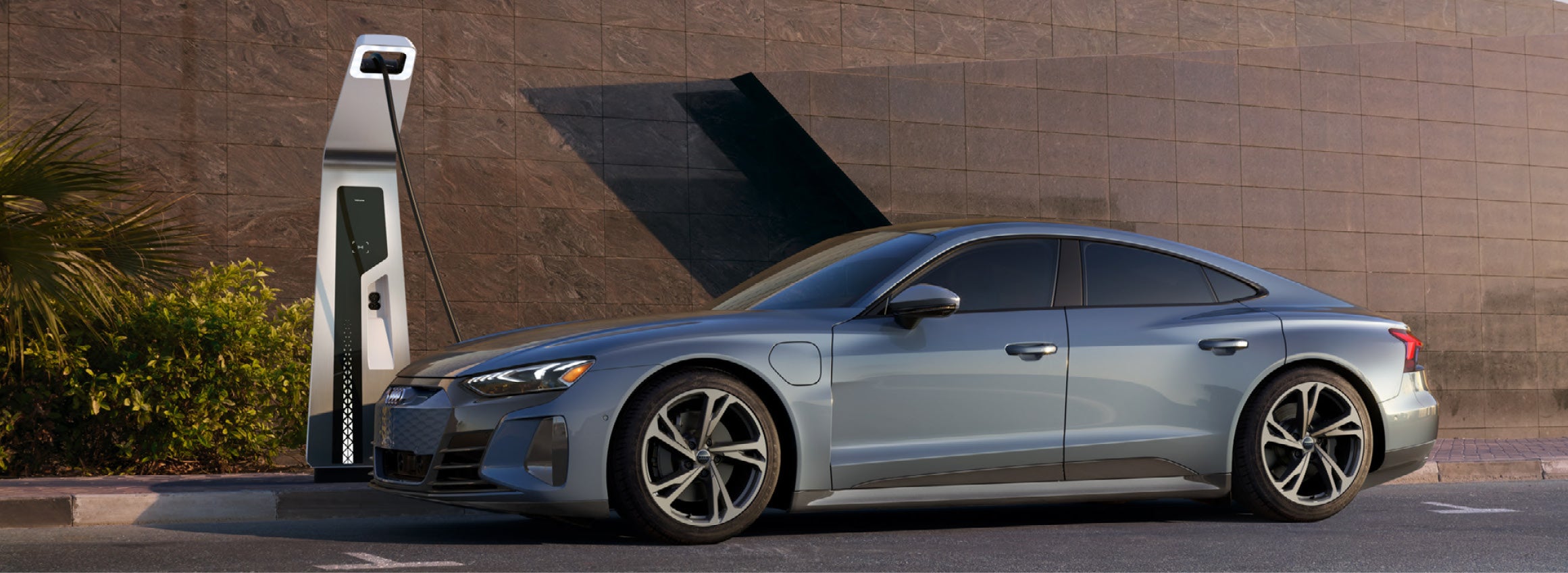
Level three charging utilizes 480-500 volt DC fast charging and it is typically seen in commercial locations such as Winn-Dixie and Wawa around Wesley Chapel, Dunedin, Spring Hill, and Ocala. Many municipalities also offer local charging options. DC fast charging is good for most battery electric vehicles and can fast charge your EV in as little as 10 to 30 minutes!
EV Charging for Apartments
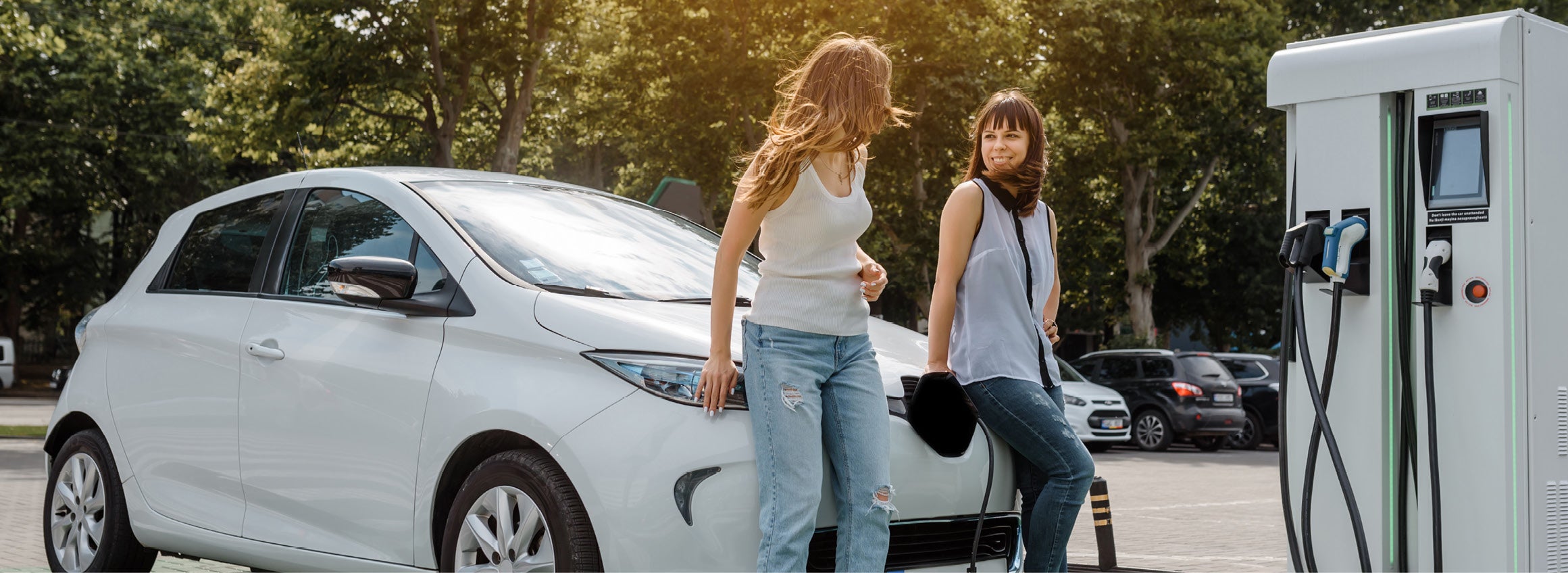
Multifamily housing requires additional considerations and may be more like public charging than charging at a single-family home. An increasing number of housing communities are adding fast charging to their amenities.
ELECTRICITY COSTS FOR CHARGING ELECTRIC AND PLUG-IN HYBRID VEHICLES
The fuel efficiency of an electric or plug-in hybrid vehicle may be measured in kilowatt-hours (kWh) per 100 miles. To calculate the cost per mile of an EV, the cost of electricity (in dollars per kWh) and the efficiency of the vehicle (how much electricity is used to travel 100 miles) must be known. If electricity costs 10 cents per kWh and the vehicle consumes 27 kWh to travel 100 miles, the cost per mile is about 3 cents. If electricity costs 10 cents per kilowatt-hour, charging an EV with a 200-mile range (assuming a fully depleted 54 kWh battery) will cost about $6 to reach a full charge. Fueling costs of conventional and electric vehicles will vary but you can get a general idea of vehicle costs with this cost calculator.
DIMMITT AUTOMOTIVE GROUP
YOUR TAMPA BAY EV EXPERTS
